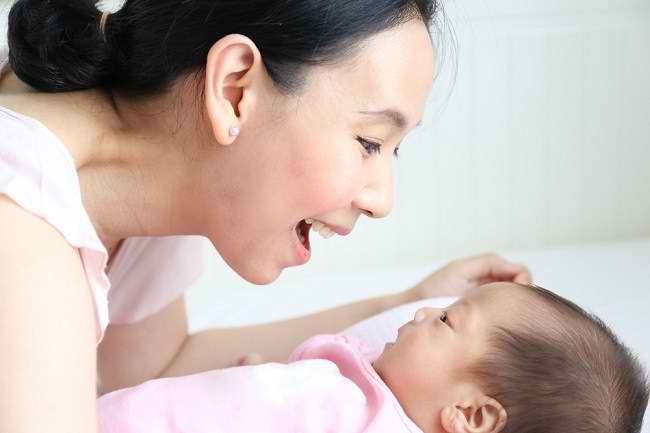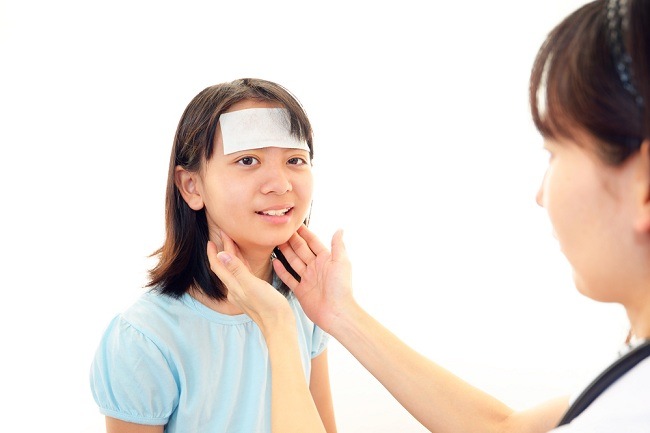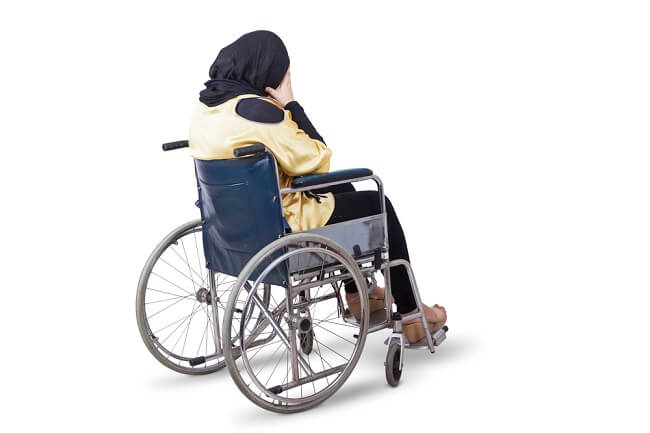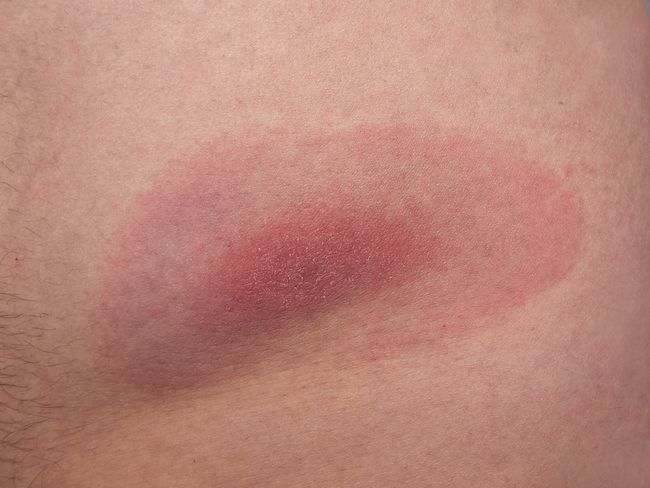Behavioral disorders in children are a condition when children often behave deviantly and out of bounds, so that they have the potential to harm themselves and others. Children who have behavior disorders are often considered naughty and even aggressive.
Every child has a different character. Sometimes, children can seem kind and adorable. However, there are times when children can look naughty and annoying. However, Mom and Dad need to be vigilant if your little one often commits misbehavior that is much more severe and different from other children of the same age.

A child can be said to have a behavior disorder if he has a deviant and repetitive pattern of behavior or persists for more than 6 months.
Behavioral disorders in children can cause problems at school or with friends. Children with behavioral disorders tend to be difficult to get along with and have less harmonious relationships with family members at home or other people in the surrounding environment.
Symptoms and Signs of Behavioral Disorders in Children
Behavioral disorders in children can generally be seen when the child is in school. However, in certain cases, behavior disorders can also be seen when children are younger, for example when they are toddlers.
Children with behavior disorders will usually show the following behavior patterns:
- Easily angry or difficult to contain emotions
- Impulsivity or difficulty resisting the urge to do something
- Often argues or fights against other people, for example parents, older siblings, or teachers at school
- Frequent violence, both physically and verbally, on other people or animals
- Often mocks other people or behavior bullying, fight, and make trouble
- Likes to throw and break things when angry
- Often do bad deeds, such as stealing and lying, and lazy to study
- Often violates school rules such as frequently skipping school, smoking, or even drinking alcohol and using drugs
In addition, behavioral disorders can also make children addicted to certain things, such as playing games. In some cases, children who have behavioral disorders can even engage in immorality, such as sexual harassment or having free sex with their peers.
Risk Factors for Behavioral Disorders in Children
Until now, the cause of behavioral disorders in children is not known with certainty. However, there are several factors that are thought to increase the risk of children experiencing behavioral disorders, including:
Medical history or certain medical conditions
Certain health problems experienced by children from the time they are in the womb until after birth also play a role in increasing the risk of behavior disorders experienced by children.
Some of the factors referred to include health problems in the mother during pregnancy, malnutrition, premature birth, or the presence of abnormalities or brain disorders in children.
In addition, bad lifestyles such as frequent consumption of alcohol, smoking, or using illegal drugs during pregnancy can also increase the risk of children experiencing behavioral disorders later.
Psychological problems or mental disorders in children, such as depression, schizophrenia, personality disorders, and bipolar disorder, can also predispose children to behavioral disorders.
Parenting and family relationships
A child is also more at risk of developing a behavior disorder if he has problems in family relationships or poor parenting.
Children who are raised or raised in a less harmonious environment or have experienced violence, either physically, psychologically, or sexually, are also at greater risk of developing behavioral disorders.
Hereditary or genetic factors
In addition to the two factors above, a child is also at risk of having a behavior disorder if one of his family members also suffers from a behavior disorder.
Some Types of Behavioral Disorders in Children
There are several types of behavior disorders that are quite common in children, including:
1. Attention deficit hyperactivity disorder (ADHD)
ADHD is the most common behavioral disorder in children. ADHD is characterized by symptoms of difficulty focusing on doing something, being careless, talking a lot, and being unable to stay still (hyperactivity). In addition, children with ADHD are often nosy, ignorant, or interfere with activities carried out by others.
2. Autism
Autism is a behavior disorder in children that makes it difficult for children to communicate and interact with other people. Children with autism often experience changes or behavior that is different from other children, for example:
- Angry, crying, or laughing for no apparent reason
- Tendency to act or perform certain movements repeatedly, such as swinging the arms or twisting the body
- Routinely carry out certain activities and get angry if the routine is disturbed
- Stiff language or body movements
- Only likes or eats certain foods
3. Oppositional defiant disorder (ODD)
ODD usually begins to appear in children aged 8-12 years. In addition to irritability, children with ODD usually behave against or disobey the rules, both at home and at school.
Children also often deliberately annoy others and even blame others for their mistakes. People with ODD also have a vindictive nature and often take revenge on others.
4. Conduct disorder (CD)
Conduct disorder is a serious behavioral and emotional disorder that causes children to exhibit violent behavior, likes to break certain objects, and tends to find it difficult to follow rules at school and at home.
Children who have this type of behavior disorder usually like to lie and cheat, and do not even hesitate to commit acts that violate the law, such as vandalism, fighting, or injuring others. Children with behavioral disorders conduct disorder may also like torturing animals.
Whatever the type, behavior disorders in children are conditions that need to be immediately detected and treated by psychologists and psychiatrists. If not treated early, behavior disorders in children have the potential to develop into mental disorders that can interfere with the growth and development and quality of life of children.
To determine the type of behavior disorder, psychiatrists and psychologists can perform psychological examinations on children. After the type of behavior disorder in the child is known, he may receive treatment in the form of psychotherapy, play therapy, or get medication, if needed.
Educating children with behavioral disorders is not easy. Parents whose children have behavioral disorders need to be patient and give more attention and affection to their children. Don't hesitate to ask a psychologist or psychiatrist for advice on how to properly educate and guide a child with this disorder.









